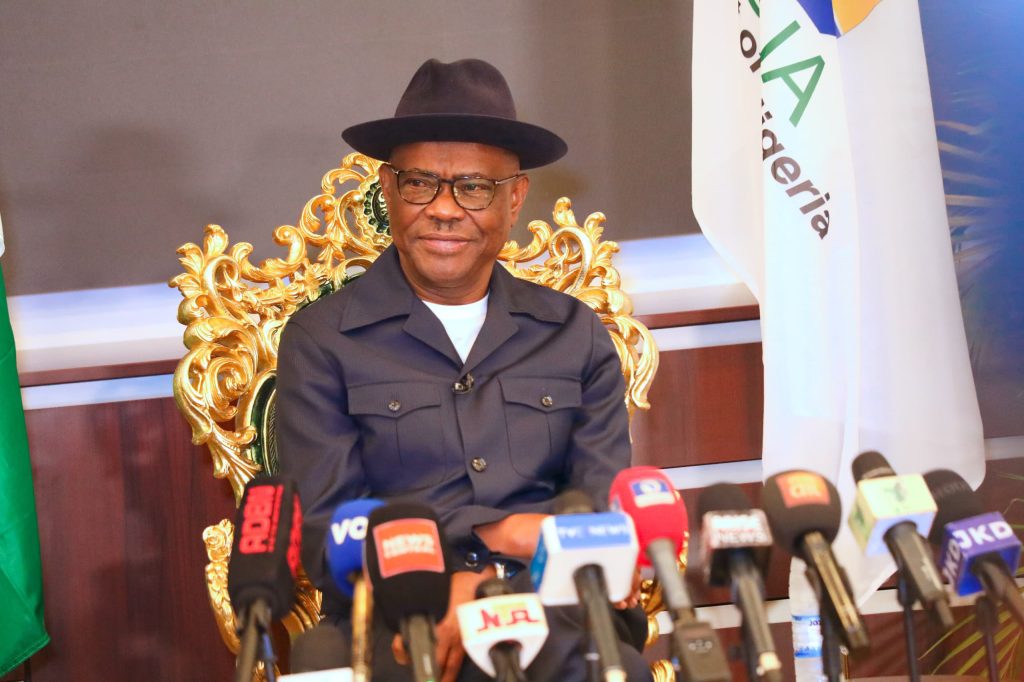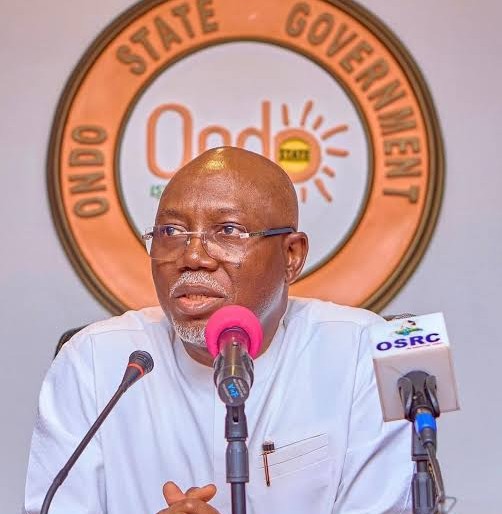In a significant move to enhance the media landscape in Niger State, Governor Mohammed Bago has announced plans to revamp state-owned media organizations, including Radio Niger and Niger State Television. This ambitious undertaking aims to breathe new life into these vital institutions, ensuring they can effectively serve the public interest and promote government initiatives.
At the heart of this revamp is the acknowledgment of the critical role reliable power supply plays in media operations. Governor Bago, during a meeting with the National executives of the Radio, Television, Theatre and Arts Workers Union (RATTAWU) at the Government House in Minna, underscored the importance of stable energy for the uninterrupted functioning of media houses. To tackle this, his government has initiated a power audit designed to identify energy-intensive equipment. The ultimate goal is to transition these operations to a mini-grid system, ensuring a consistent and sustainable power supply.
This strategic move not only highlights the administration’s commitment to bolstering the media sector but also its understanding of the media’s pivotal role in disseminating information to the public. By enhancing the capabilities of Radio Niger and Niger State Television, the government aims to reach a broader audience and more effectively communicate its programs and policies. Commissioner for Information and Strategy, Hajiya Binta Mamman, echoed the governor’s sentiments, stressing that the revamp will significantly enhance information dissemination across the state.
The willingness of Governor Bago’s administration to collaborate with the media is a promising development, indicating a proactive approach to governance and public engagement. In an era where information accessibility is paramount, such initiatives are not only commendable but necessary. They reflect a forward-thinking strategy that recognizes the importance of a well-informed public in the development of any society.
Through this revamp, Niger State is poised to set a precedent in media reform and development, showcasing the potential benefits of government-media collaboration in enhancing public service broadcasting. As the state moves forward with these plans, the international community watches with interest, seeing the potential for similar initiatives in other regions. The commitment to providing reliable power and enhancing media capabilities stands as a testament to the administration’s dedication to transparency, public engagement, and developmental progress.



